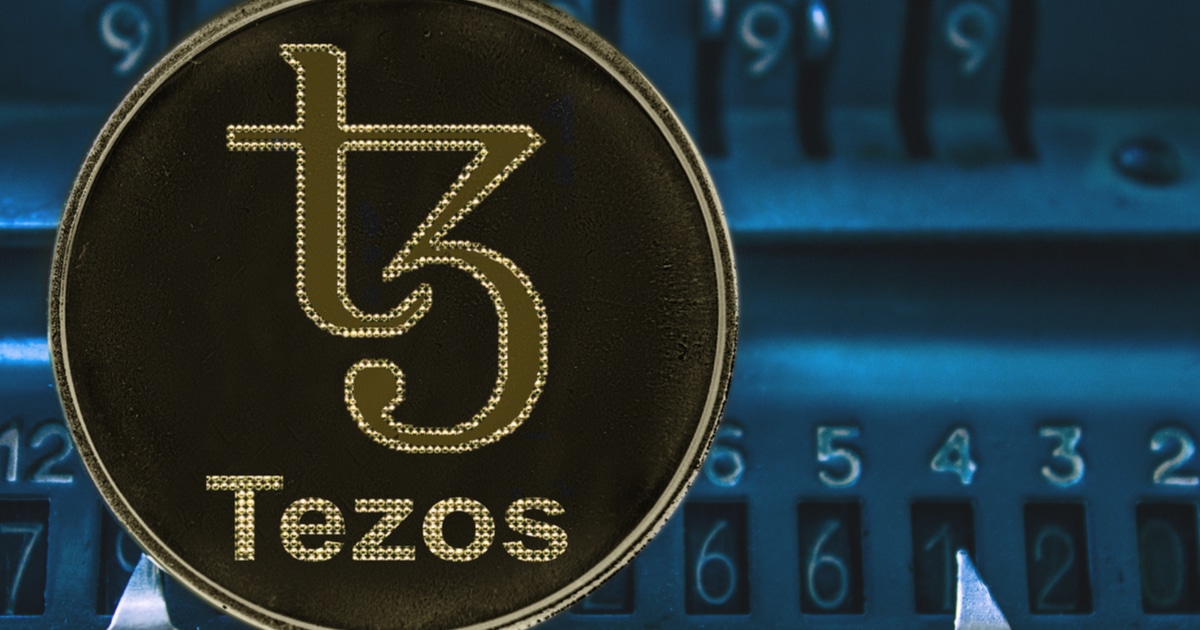Crypto Enthusiasts Shape U.S. Political Landscape
In a significant development, U.S. presidential candidates are increasingly endorsing blockchain technology, aiming to garner support from the younger electorate. According to Pantera, this demographic shift is poised to impact the upcoming elections and the regulatory environment for digital assets.
The majority of Americans under the age of 40 have shown a strong affinity for blockchain technology. Recognizing this trend, one presidential candidate publicly expressed support for blockchain, a move seen as strategic to attract single-issue voters passionate about cryptocurrency.
Regulatory Shifts and Market Reactions
Following the candidate’s endorsement, the opposing camp quickly adjusted its stance, with the SEC expediting the approval process for Ethereum (ETH) ETFs. Market confidence surged, with the odds of approval jumping from 6% to nearly 100% within two weeks. This rapid policy shift underscores the growing influence of blockchain advocates on regulatory frameworks.
The SEC’s swift action is expected to remove regulatory barriers, potentially allowing hundreds of millions of people to benefit from blockchain technology. The approval of Ethereum ETFs marks a significant milestone, facilitating broader adoption and integration of digital assets into mainstream financial systems.
Solana’s Rising Influence
Solana (SOL) is emerging as a formidable player in the blockchain ecosystem, challenging Ethereum’s dominance. Its monolithic architecture, which integrates all components of its blockchain, offers seamless user experiences, faster innovation, and enhanced security. This approach is likened to Apple’s vertically integrated macOS ecosystem.
Solana’s unique features have enabled the creation of innovative platforms like DRiP, which distributes millions of NFTs efficiently, and Hivemapper, a decentralized mapping network. These applications highlight Solana’s potential to revolutionize various sectors, from content distribution to decentralized finance (DeFi).
Political Endorsements and Legislative Progress
In early May, former President Trump endorsed cryptocurrency, hosting a dinner for NFT buyers and accepting crypto donations for his campaign. This move reflects a broader trend among politicians to appeal to the growing crypto community. A study by Security.org revealed that 40% of American adults own cryptocurrency, emphasizing its significance in the political arena.
The bipartisan passage of the Financial Innovation and Technology for the 21st Century Act (FIT21) in the House of Representatives marks another critical development. The bill seeks to establish a comprehensive regulatory framework for digital assets, providing clarity on the classification of digital assets as securities or commodities based on decentralization criteria.
Despite initial opposition, the bill passed with significant support, signaling a shift in the political landscape towards a more favorable environment for blockchain innovation. The Senate’s bipartisan vote to overturn the SEC’s restrictive SAB-121 rule further underscores this changing sentiment.
Impact on Digital Asset Market
The approval of Ethereum ETFs is expected to drive substantial market growth and diversification. Similar to the positive market response to Bitcoin (BTC) ETFs, Ethereum’s approval could unlock new investment opportunities and attract a broader base of investors.
The combination of regulatory advancements and political endorsements is anticipated to accelerate innovation and mainstream adoption of digital assets. As the regulatory framework evolves, the U.S. crypto industry is poised to thrive, ensuring it remains competitive on the global stage.
These developments highlight the growing intersection of politics and blockchain, with significant implications for the future of digital assets.
Image source: Shutterstock
Credit: Source link























